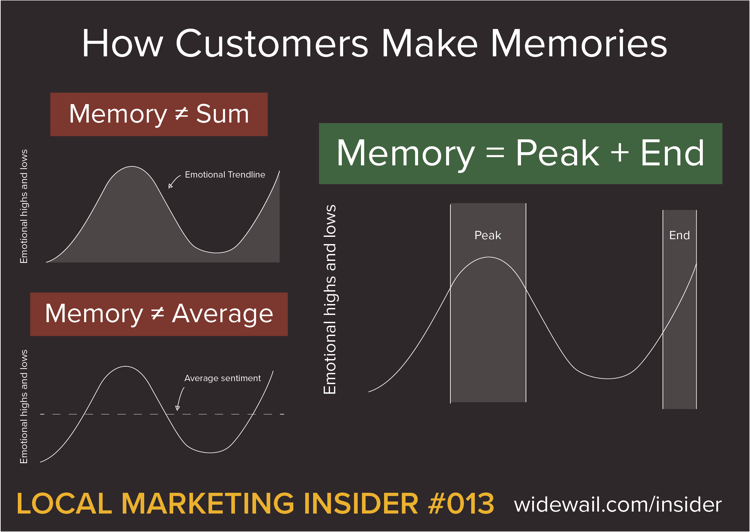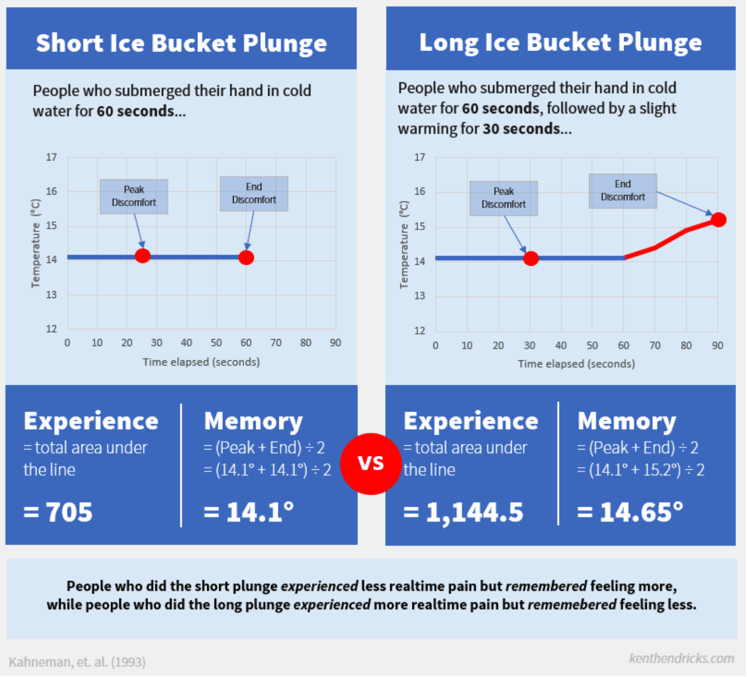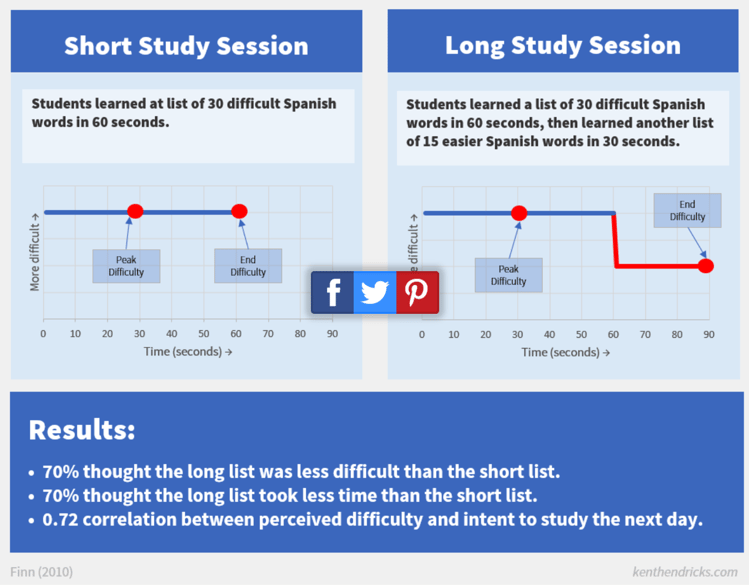- Feb 17, 2021
- 102
- 79
- Awards
- 4
- First Name
- Jake

Ikea stores have two food experiences, the food court, home to their legendary meatballs, and a cafe.
The cafe is placed near the exit of the building, after checkout (where customers likely just have spent much more than they intended to), and that's not an accident.
Ikea made this decision with guidance from the "peak-end rule", a behavioral science concept.
The Peak-End Rule:
People judge an experience and make memories based on the emotional peak (positive or negative) and its end - not an average of every moment.
As with any business, Ikea has many tactics to encourage shoppers to buy more. But if you buy more...drumroll...you spend more, and that will likely take an emotional toll. Lingering negative sentiment will impact recommendations to friends or future trips.
Ikea's antidote: tasty treats. Coffee, hot dogs, pastries. Tastes and smells that make us happy.
And as a result, help us forget the negative feelings we had looking down at the receipt.
Simple, with a lasting impact.
The memories are transformed from:
Peak: Finding the perfect bookcase
End: Spending $700 instead of your expected $300
to
Peak: Finding the perfect bookcase
End: A delicious latte
More great examples of the peak-end rule in action:
Plunging Your Hand in Cold WaterTo test how people would remember a challenging experience, psychologists had 32 people place their hands in 57 F ice water. Not so cold to cause lasting damage, but definitely uncomfortable.
For the first round, the people in the test placed their hands in the water for 60 seconds. The second time, each person put their hand in the water for 90 seconds, but for the last 30 seconds, the researchers raised the temperature of the water slightly to 59 F.
Researchers found 22 of the 32 people preferred the longer trial:

Ending Study Session with Easier Questions
Bridgid Finn found that English-speaking students liked to learn Spanish vocabulary in larger groups of words, so long as the larger group of words ended with easier content.
The peak difficulty of the two study sessions was identical. The longer study session with the easier ending produced a more favorable memory, even though the real-time experience and end grades were worse.

Both of these examples demonstrate how objectively worse experiences can be perceived as favorable with the addition of a more pleasant ending experience.
Thanks for reading. Now it's your turn. How does your customer experience end?
If you enjoyed this article and would like to receive more, please subscribe.
See you in 2 weeks - Jake, Marketing @Widewail




